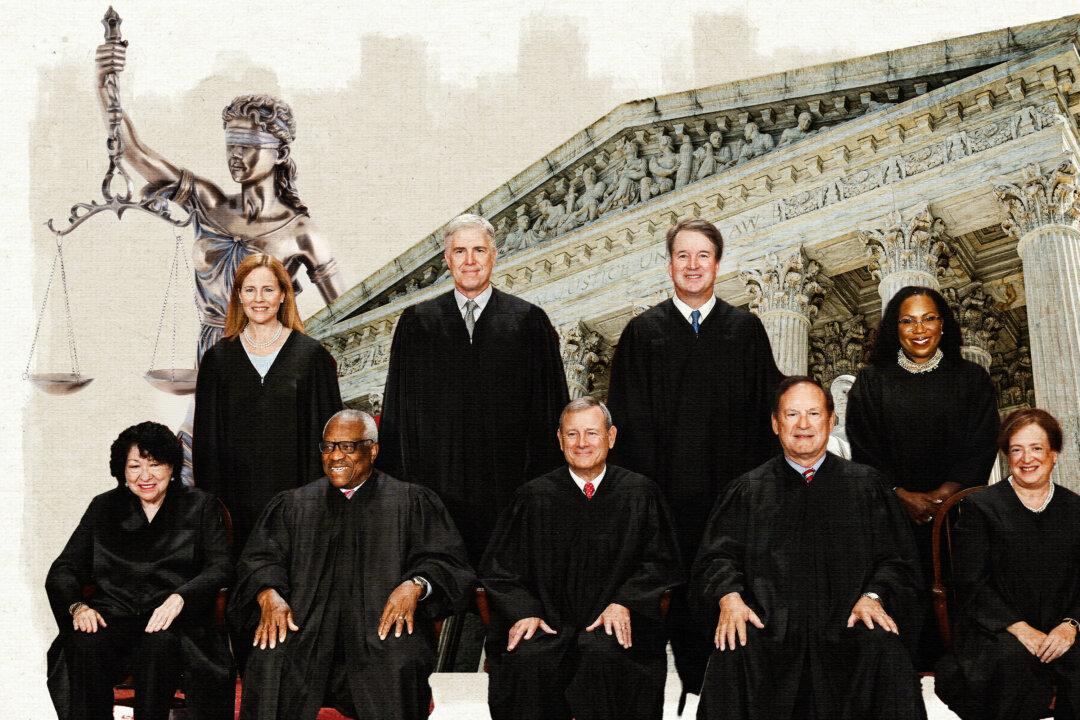Commentary
Faced with a U.S. Supreme Court that poses the most substantial threat of any single institution to progressive rule, its opponents have drawn blood in their long-running campaign to delegitimize and destroy it.

Faced with a U.S. Supreme Court that poses the most substantial threat of any single institution to progressive rule, its opponents have drawn blood in their long-running campaign to delegitimize and destroy it.